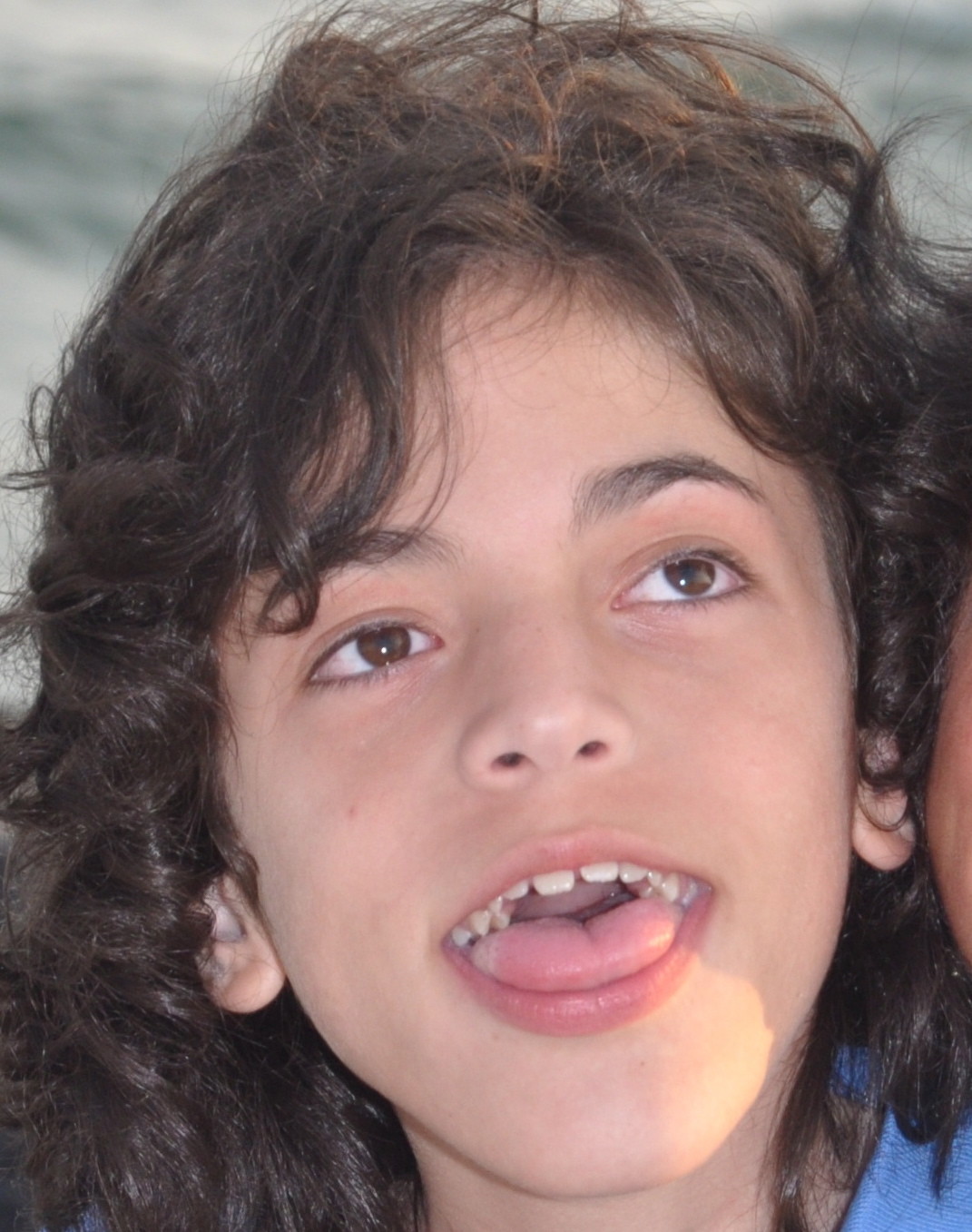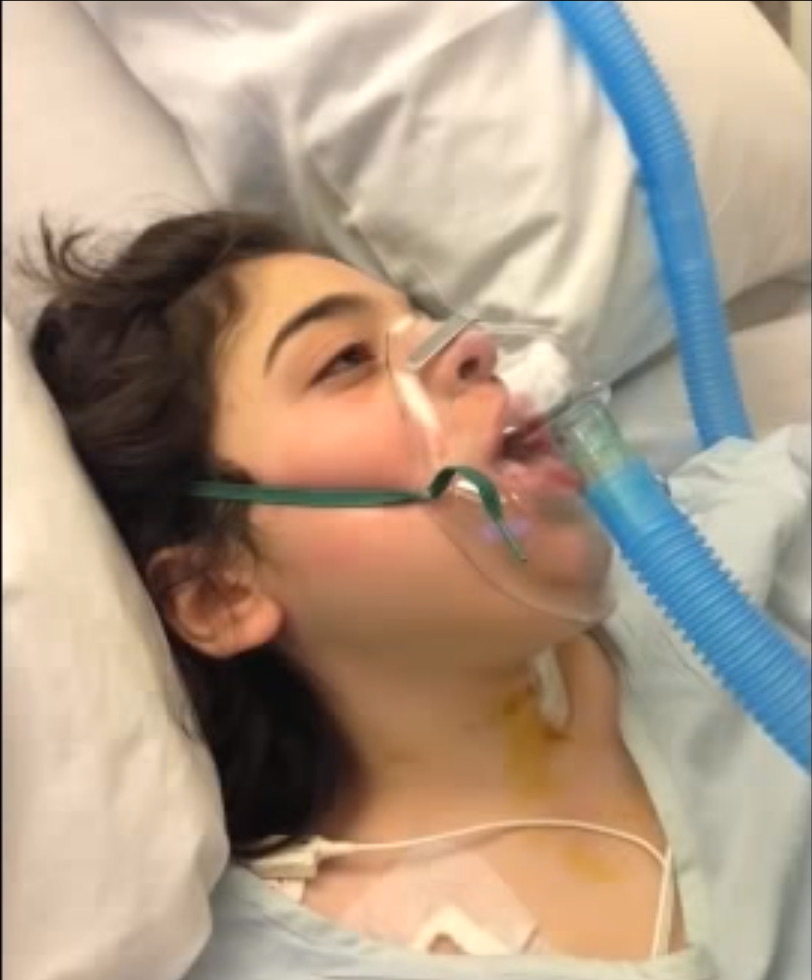Seeking a ‘yes’ to medical marijuana
Atlantic Beach mother’s goal: to reduce son’s seizures
Atlantic Beach resident Missy Miller has spent a significant portion of the past few months advocating for the State Legislature to pass a law that would permit the use of marijuana for medicinal purposes.
Miller, the mother of 14-year-old Oliver, strongly believes that the use of a medically prescribed oil form of marijuana with a low concentration of tetrahydrocannabinol, or THC — the compound that gives users a high — would substantially reduce the frequency and severity of the seizures he endures as a result of having suffered a stroke before he was born. Oliver, who attends Lawrence High School, sometimes has hundreds of seizures a day, according to his mother. Occasionally, a seizure is so severe that he needs to be hospitalized and attached to a breathing tube.
Pointing to the 20 other states and the District of Columbia that have legalized marijuana for medicinal purposes, Miller wants her home state to finally pass a similar law, such as the Compassionate Care Act Act that the New York Assembly has approved five times since its introduction in 1997. It has yet to be taken up by the Senate.
“Most children have a significant reduction in the amount of seizures they suffer from, and the severity and length of the seizures is much less,” Miller said, referring to children who have been treated in other states where medical marijuana is legal. “There are also much shorter and milder postictal periods” — the time after a seizure in which the brain recovers and the victim is often lethargic and needs to sleep.
One form of marijuana oil used medicinally is called Charlotte’s Web, named after Charlotte Figi, who as a 5-year-old in 2012, was treated with it, and it dramatically reduced the number of her epileptic seizures. Since then, more than 180 children have begun treatment, according to Realm of Caring, a Colorado Springs-based nonprofit that dispenses Charlotte’s Web.
State Assemblyman Harvey Weisenberg (D-Long Beach) is one of several sponsors of the legislation, which was introduced by Assemblyman Richard Gottfried (D-Manhattan). Weisenberg, a former police officer, said he understands concerns about the legalization of drugs such as marijuana, but thinks its medicinal use could provide relief. “I really feel that this legislation, as presented, will allow medical people to make a determination how to use medical marijuana to alleviate the pain and suffering of people,” he said.
“I think some people have made their case in terms of the oil, especially with kids that have hundreds of seizures a day,” said Senate Majority Leader Dean Skelos (R-Rockville Centre). “I think they’ve been very effective, and I’m trying to learn a little bit more about the vaporizers. I don’t know enough about it, but, you know, it’s something I want to look into.”
Critics of medical marijuana remain resolute in their belief that legalizing it would create a “slippery slope” that could lead to greater problems. Barry Wilansky, executive director of the Woodmere-based counseling center Tempo Group, said there is no scientific proof that “marijuana serves any medical purpose better than the drugs that are available.”
As scientists continue to study marijuana, Wilansky said, the evidence of the harmful impact on children is “irrefutable.” “The bulk of the problems with kids [younger than 21], according to the data, is that marijuana is damaging and disrupting their education and their ability to perform multitasking behaviors,” he said. “When you term something medical marijuana and you say it’s safe, you are radically changing the life of every parent.”
For her part, Miller is trying to change Oliver’s life: He is addicted to benzodiapines and barbiturates, she said, and those drugs don’t stop his seizures. “The hard truth is that my son is dying, losing more and more abilities every day, every seizure,” she said. “This is not a political decision, it is a medical one.”
Have an opinion about the legalization of marijuana for medical purposes? Send your letter to the editor to jbessen@liherald.com.

 50.0°,
Overcast
50.0°,
Overcast 







